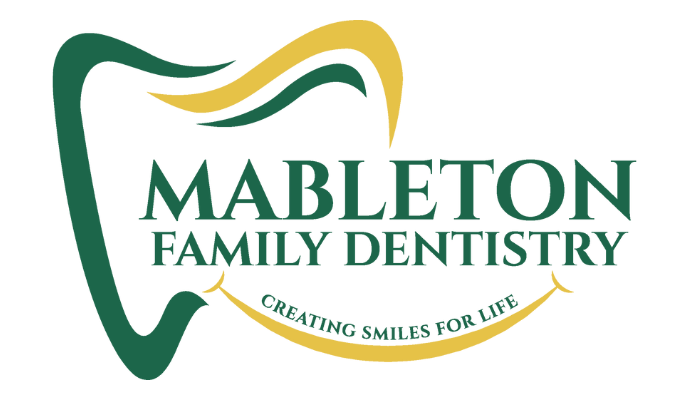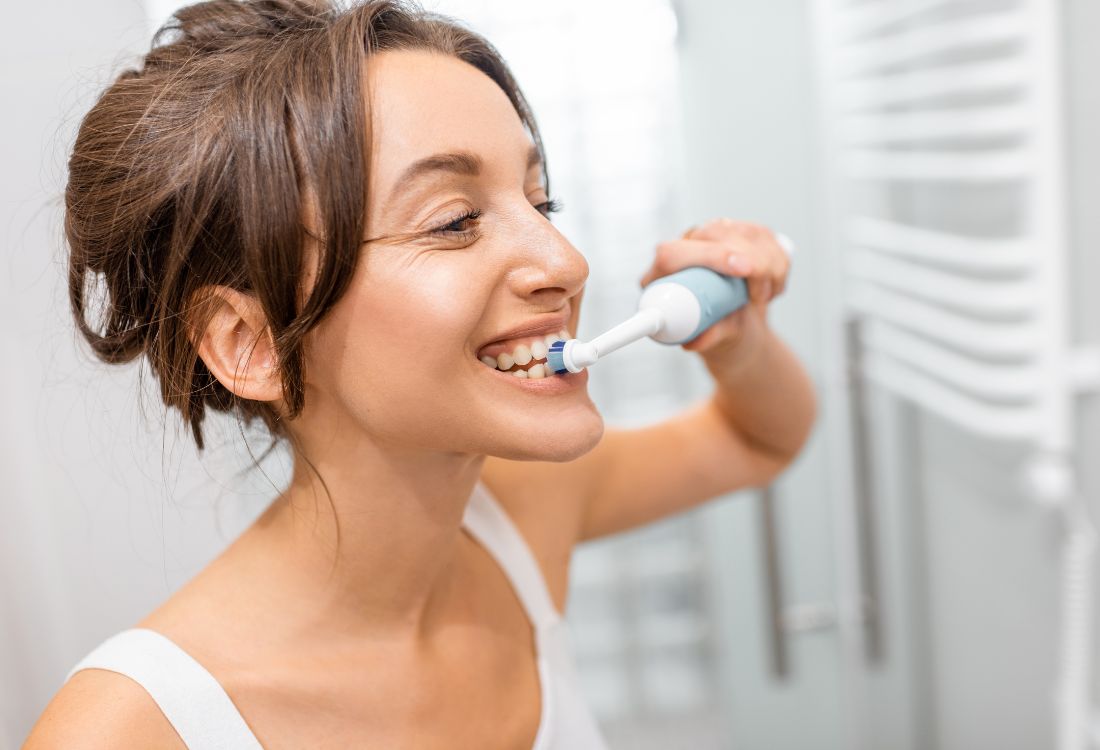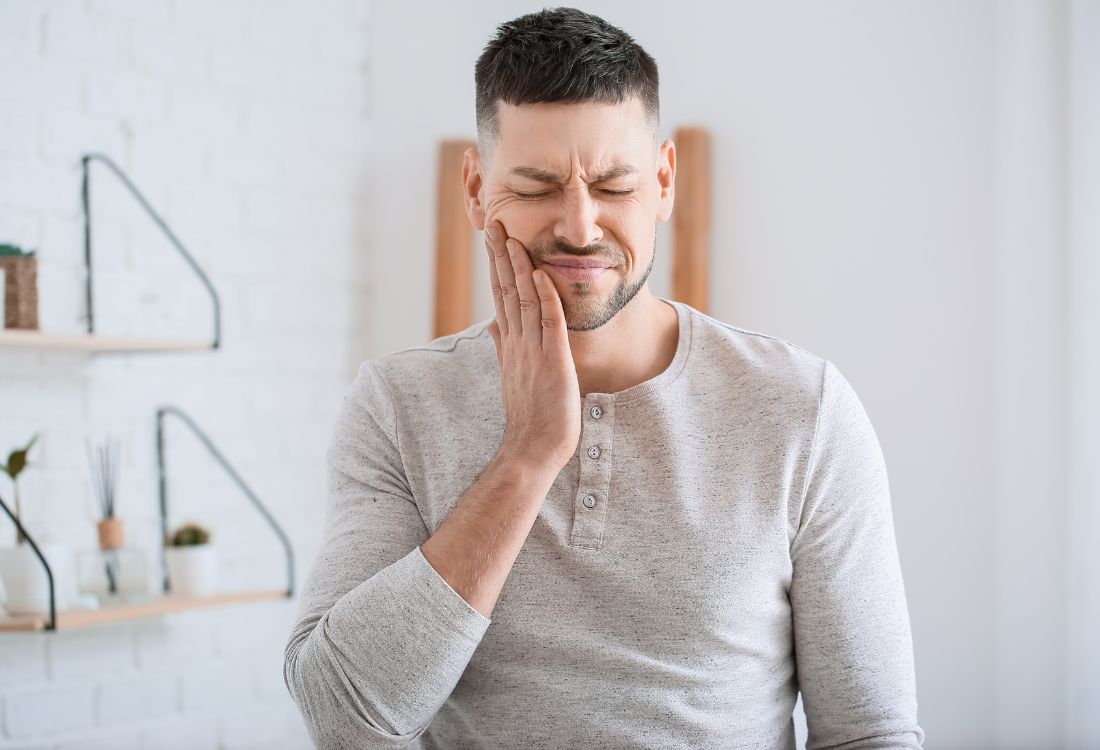How to Combat Dental Anxiety
How to Combat Anxiety During Dental Procedures
Visiting a dental office can be an overwhelming experience for many individuals. Some people fear the pain, the sounds, or the sight of dental tools, which can cause anxiety and even prevent them from visiting the dentist. However, neglecting regular dental visits can lead to serious oral health problems and further dental complications. Therefore, it is important to address dental-related anxiety, especially for patients visiting our office at Mableton Family Dentistry in Mableton, GA. Today, we will discuss five practical tips to combat anxiety during dental procedures.
Communicate with Your Dentist
Discussing your concerns with your dentist is an essential step in overcoming dental anxiety. Our dentists and team at Mableton Family Dentistry understand that dental phobia is a real concern for some patients. We are always happy to listen and answer your questions to help alleviate your concerns. We encourage you to share your past dental experiences, fears, or any specific needs or preferences, such as keeping you informed about the upcoming procedures, using relaxing music or offering dental sedation.
Practice Relaxation Techniques
If you tend to get anxious during dental procedures, practicing relaxation techniques, such as deep breathing or meditation, can help calm your mind and body. Focusing on your breath and imagining yourself in a peaceful place can help distract you from the dental setting. You can also bring your headphones and listen to calming music or guided meditations.
Consider Sedation Dentistry
For many patients, sedation dentistry can provide a safe and effective way to relax during dental procedures. At Mableton Family Dentistry, we offer multiple sedation options, including nitrous oxide (“laughing gas”), oral sedation, and intravenous (IV) sedation. Our experienced dentists will evaluate your medical history and discuss the right type of sedation that fits your needs and preferences.
Bring a Support Person
Bringing along a trusted friend or family member to accompany you to the dental appointment can offer you additional emotional support. Your support person can help distract you, hold your hand, or just be there to listen and offer encouragement. However, please note that during the procedure, the assistant will usually ask your support person to step out of the room for safety and privacy reasons.
Focus on the Benefits
Last but not least, focusing on the benefits of regular dental check-ups and treatments can help shift your mindset from fear to positive motivation. Regular dental care can prevent small issues from becoming more significant dental problems and save you time and money in the long run. Keeping your teeth healthy can also improve your overall health and well-being.
Contact Our Office Today!
Dealing with dental anxiety is a common concern for many patients. However, avoiding dental care can lead to more severe oral health problems. At Mableton Family Dentistry in Mableton, GA, we understand the apprehension some patients may feel, and we are here to help. Our compassionate and experienced dentists and staff are committed to offering a comfortable and stress-free dental experience for our patients. We hope these five practical tips can help you feel more relaxed during your next dental visit. Contact us today to book your appointment and let us take care of your dental needs.




